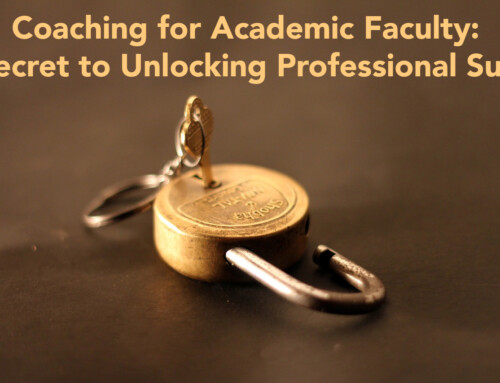At the end of each Academic Medicine journal issue, there is a great “last page” one-page teaching point in medical education research. There’s no earth-shattering news, but they are great reviews of key elements in education research.
The most recent issue reviews the process of performing an effective database search in medical education research. It was authored by my friend Lauren, who is a medical education librarian at Stanford and a co-author with me on an annual series “Critical Appraisal in Emergency Medicine Education Research”.
Steps for an effective search methodology:
1. Choose a database
Did you know that there’s more than just Medline?
- Google Scholar: Diverse disciplines; open access
- ERIC (Education Research Information Center): Focuses only on education literature; open access
- CINAHL (Cumulative Index to Nursing and Allied Health Literature): Nursing and allied health literature; subscription needed
- Scopus: Includes broad literature from scientific, technical, medical, and social sciences; subscription needed
2. Select search terms
- Use controlled vocabulary to perform a more complete search. Pubmed uses Medical Subject Headings (MeSH).
- Don’t forget to use truncation. This allows you to avoid missing any slight variation in your search term. So for Pubmed, typing educat* captures educator, educators, education, educate, and educatify (if that word actually existed!) for instance.
3. Use Boolean operators
- Use OR and AND connectors to broaden or narrow your searches, respectively.
4. Limit results
- Apply limits one at a time to your search to narrow your search pool in a stepwise fashion.
- Common limits applied: English language, date ranges
5. Explain the search process in the methodology section of any report
Your methodology should include all the following:
- Database(s) searched
- Search terms (indicate if controlled vocabular used)
- Boolean operators
- Limits applied
- Date of search
Reference
Maggio LA, Tannery NH, Kanter SL. AM Last Page: How to Perform an Effective Database Search. Academic medicine. 2011; 86(8) PMID: 21795907.




